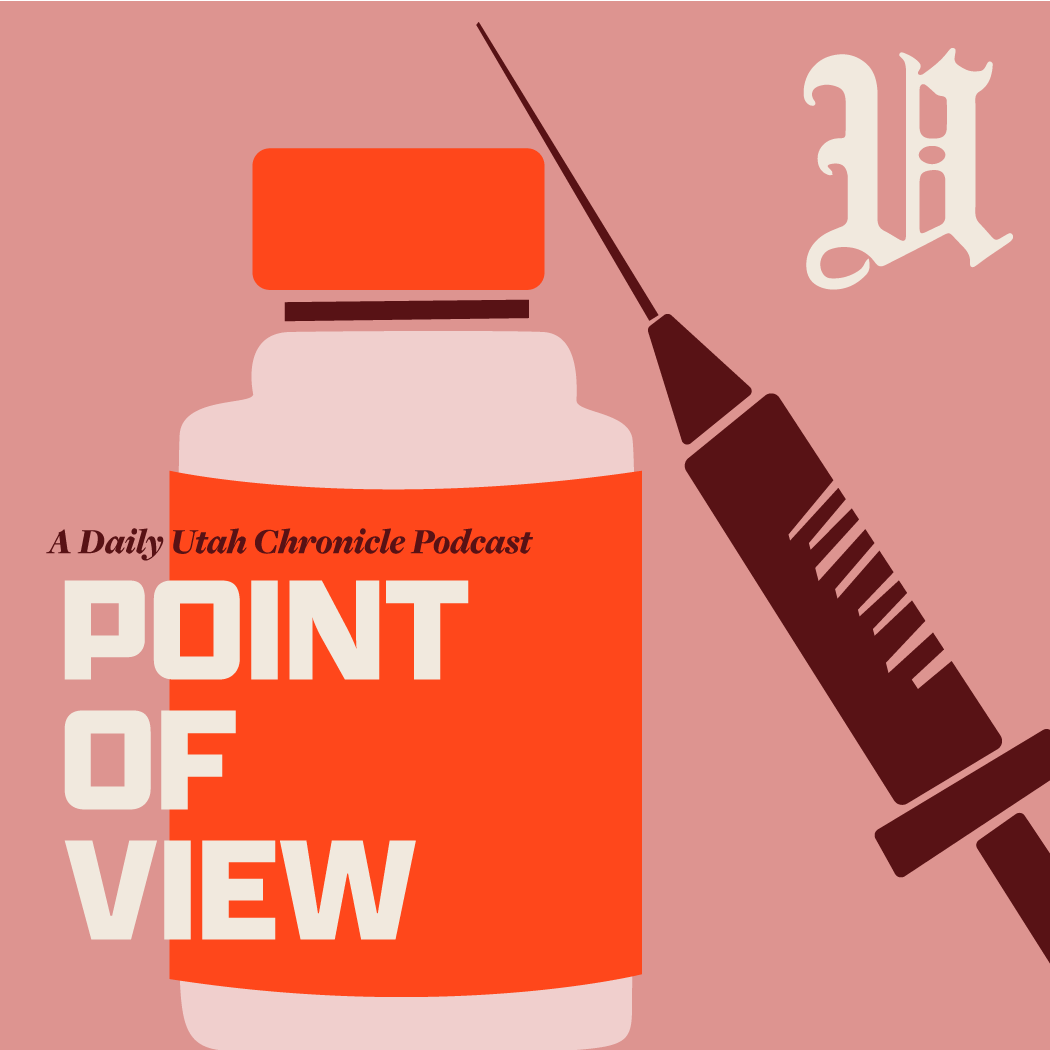
The government is in shutdown and it looks to be that way for some time. Oct. 17 is the date which Secretary of the Treasury Jack Lew has said is the last date that the government has before it will not be able to pay its bills and go into default. Which means that the government will have to start making some tough decisions on who will get the limited funding that it can pay for. But it doesn’t have to be this way, because raising the debt-ceiling is a must for the sake of the economy, credit and morality.
If the United States were to default on its debt, not much is exactly known about what will happen. In 1979, the U.S. made a late payment due to the Treasury office being in a frenzy. After additional interest rates and serious legal pressure, the bills were paid. Some argue whether this constitutes as a default or not. Regardless, the implications are monstrous and incredibly damaging. One major reason that a default would be horrifying is the sure-to-be disastrous effect on our economy.
The Department of the Treasury has released memos in the past stating, “In the event that a debt limit impasse were to lead to a default, it could have a catastrophic effect on not just financial markets but also on job creation, consumer spending and economic growth — with many private sector analysts believing that it would lead to events of the magnitude of late 2008 or worse, and the result then was a recession more severe than any seen since the Great Depression.”
In other words, not only might the economic consequences of default be profound, those consequences could last for more than a generation. Shortsighted people, like Jeffrey Dorfman of Forbes, have stated that a default will not have any effects. However, they are incredibly wrong. We absolutely must not default.
Which brings up a question about what government spending is. Some conservatives have said that the U.S. should work more like a household and only spend the same amount they take in. There is a difference between households and governments. As Secretary of the Treasury, Jack Lew would have some incredible choices to make. NBC News Reporter Steve Liesman pointed out that, “But there are some key differences with households: While a homeowner might juggle a dozen or so monthly bills, Lew has to figure out which of more than 100 million monthly government payments to make. Because the government payment system is largely automated, Lew can’t just decide [to] not write a check here or there. He has to figure out how to transform a system designed to pay all of America’s bills in full and in a timely way, to one that pays some of its bills, and not others.” The truth is, the U.S. does not function like a household and should not. Forcing it to work like that will simply disrupt millions of people and be terrible for everyone.
Asking conservative Republicans might give the impression that our debt and deficit is out of control right now and we are moments away from spiraling from the effects. However, the Fiscal Year 2013 Budget showed falling deficits and more economic growth than expected. Which makes some wonder just what kind of dual-reality we are living in. The U.S. is a massive credit machine which is still in need of low rates. Last time the U.S. potentially defaulted, Moody’s decided to lower the U.S.’s credit rating. Another bout of this will surely skyrocket the rates for everyone. The truth is, deficits have been falling since 2011 and will continue to make progress for a couple more years. Right now, the U.S. needs to continue to fight long-term deficits and make some reforms. But the number one problem is jobs and the economy, not debt and deficits. Failing to raise the debt ceiling will only hurt our current situation. It is pure stupidity to even consider default.










